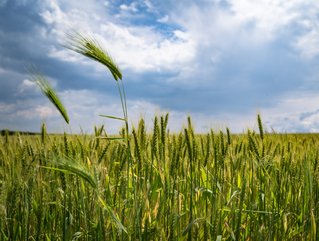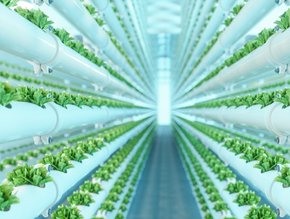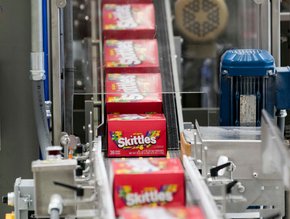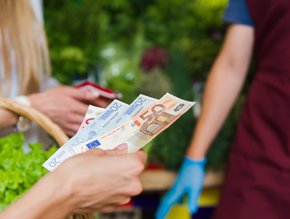Plans for £100m campus at Royal Agricultural University

The Royal Agricultural University (RAU) has proposed a £100m development centred on creating a UK-first carbon neutral innovation village.
As the UK’s global agricultural university, the Innovation Village will be a vibrant home to a community of entrepreneurs, policymakers, practitioners, and researchers, committed to addressing the major global challenges we all face including climate change, sustainable land use and food production, biodiversity loss, and heritage management.
RAU says a cluster development of this nature, applied to agriculture, food and land management, does not exist in the UK and gives opportunity to impact globally. The Innovation Village will provide a rural counterbalance to the proposed developments in the urban core of the county such as Cyber Central in Cheltenham and Kings Quarter/The Forum in Gloucester. In addition, there will be benefits to the prosperity and productivity of rural communities, locally and regionally.
The initiative, which has a GDV of between £80 and £100m, already has the support of the Department of International Trade (DIT), Gloucestershire County Council, and GFirst LEP.
About the site
The site will compromise a number of integrated areas including a research and Innovation centre, live/work residential units, business start-up and support spaces, as well as business and conference hospitality facilities.
RAU says its committed to ensuring that the Innovation Village will push the boundaries of sustainable design to ensure a development that is beautiful, carbon neutral, rich in nature, and inspires innovation through its environment.
Design principles include:
- Construction methods and materials that will minimize environmental impact of the development
- The design will enable energy efficient and low carbon ongoing usage, operations and maintenance of the site
- The development will promote low carbon transportation in and around the site
- The site will be designed to protect, and enhance, biodiversity
- Visually, the construction will complement the local landscape
Dame Fiona Reynolds, chair of the RAU’s Governing Council, said: “As well as benefiting the Royal Agricultural University, as a global centre for the future of sustainable farming and food production, this will also benefit the people of Cirencester and other local communities.
“We are determined that the Innovation Village will be green and beautiful and, importantly, led by the landscape which inspires us daily. It will reflect our core values as well as inspire intellectual, community, and collaborative working.”






